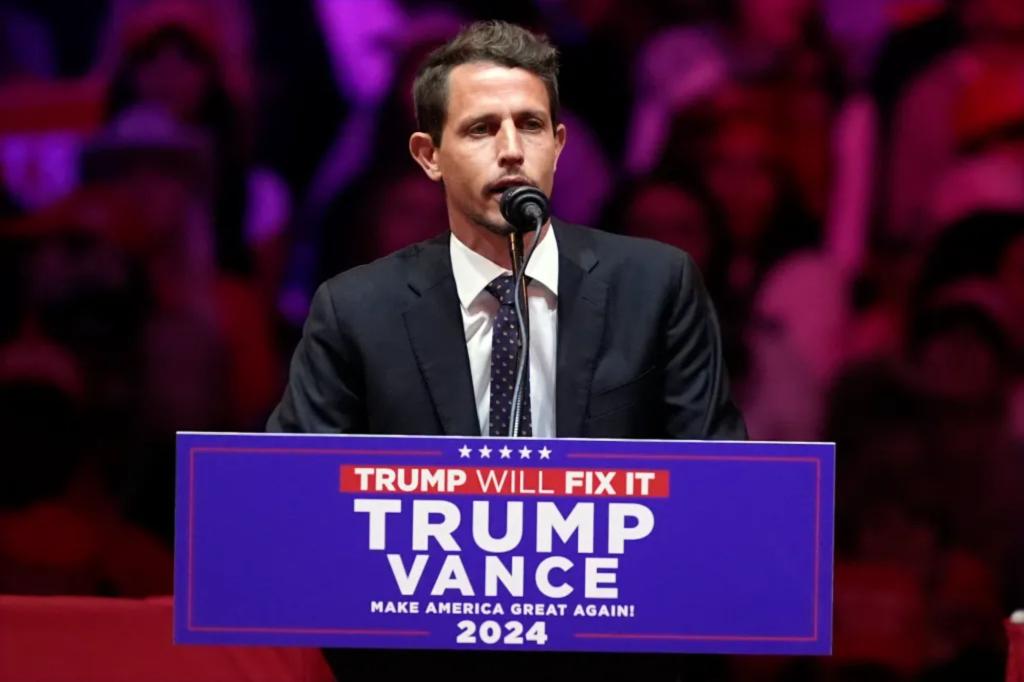In a controversial statement, Tony Hinchcliffe, host of the “Kill Tony” podcast, compared the Democratic Party to the infamous “Freak Off” parties hosted by rapper P. Diddy, which were rumored to involve sexual abuse. He further stirred the pot by suggesting that football player Travis Kelce could be the next O.J. Simpson, and humorously listed off celebrity endorsements for the Democratic Party, such as Eminem and Leonardo DiCaprio. The audience responded with laughter to his tongue-in-cheek comments.
While some may have found Hinchcliffe’s remarks amusing, others were quick to criticize him for his off-color comparisons and perceived insensitivity. As an entertainer and comedian, he certainly pushes the boundaries with his humor, but this particular comment struck a nerve with many listeners. However, it is important to remember that comedy is subjective, and what may be humorous to one person could be considered offensive by another.
The discussion around political humor and satire is ongoing, with comedians often finding themselves in hot water for pushing the envelope too far. In today’s politically charged climate, it can be difficult to navigate the lines between comedic license and outright offensiveness. Some argue that comedy should be a space where difficult topics can be explored and satirized, while others believe that certain subjects should be off-limits for humor.
As the host of a popular podcast, Hinchcliffe undoubtedly has a platform to express his opinions and entertain his audience. However, with great power comes great responsibility, and he should be mindful of the impact his words can have on those who may not share his sense of humor. It is essential for comedians to be able to make light of serious topics, but it is equally important for them to be sensitive to the feelings of their audience.
In the aftermath of his controversial statements, it remains to be seen how Hinchcliffe will address the backlash and whether he will issue an apology or clarification. The world of comedy is constantly evolving, and as societal norms shift, comedians must adapt their material accordingly. While freedom of speech is a fundamental right, it is also crucial to consider the potential consequences of one’s words and actions.
Ultimately, humor has the power to bring people together, but it can also be divisive. In a time when political tensions are running high, it is more important than ever for comedians to tread carefully and consider the impact of their jokes. While Hinchcliffe’s comments may have been meant in jest, they serve as a reminder of the fine line between comedy and controversy in today’s society. Comedy may be subjective, but it is essential for comedians to be mindful of the potential harm their words can cause.


